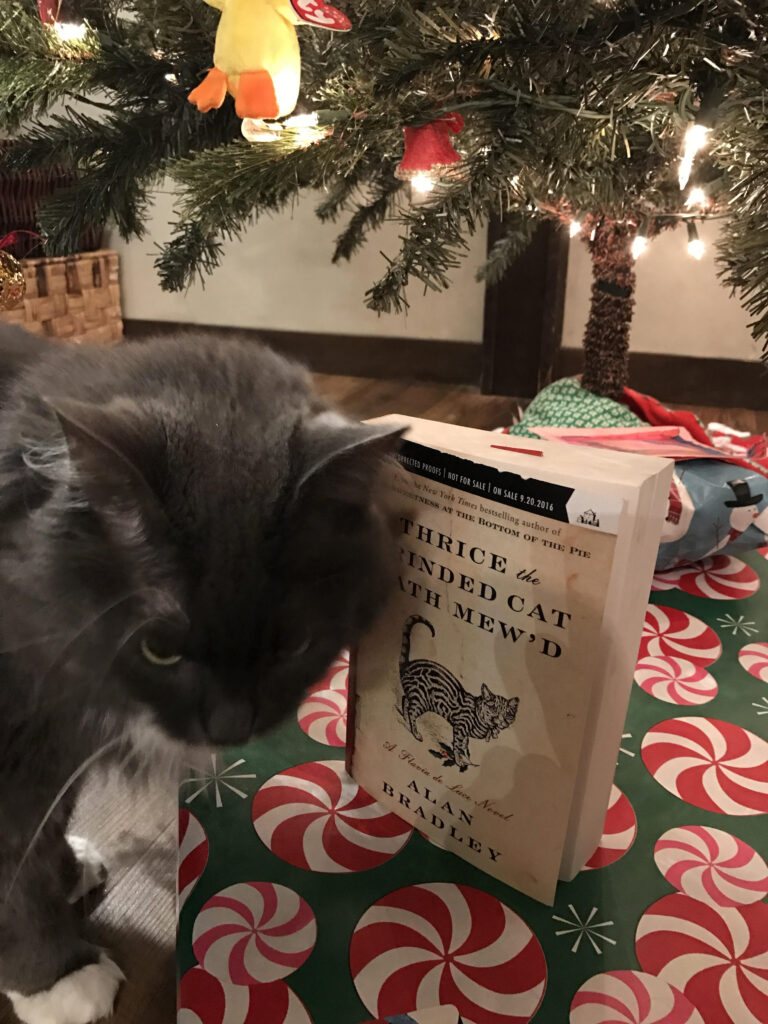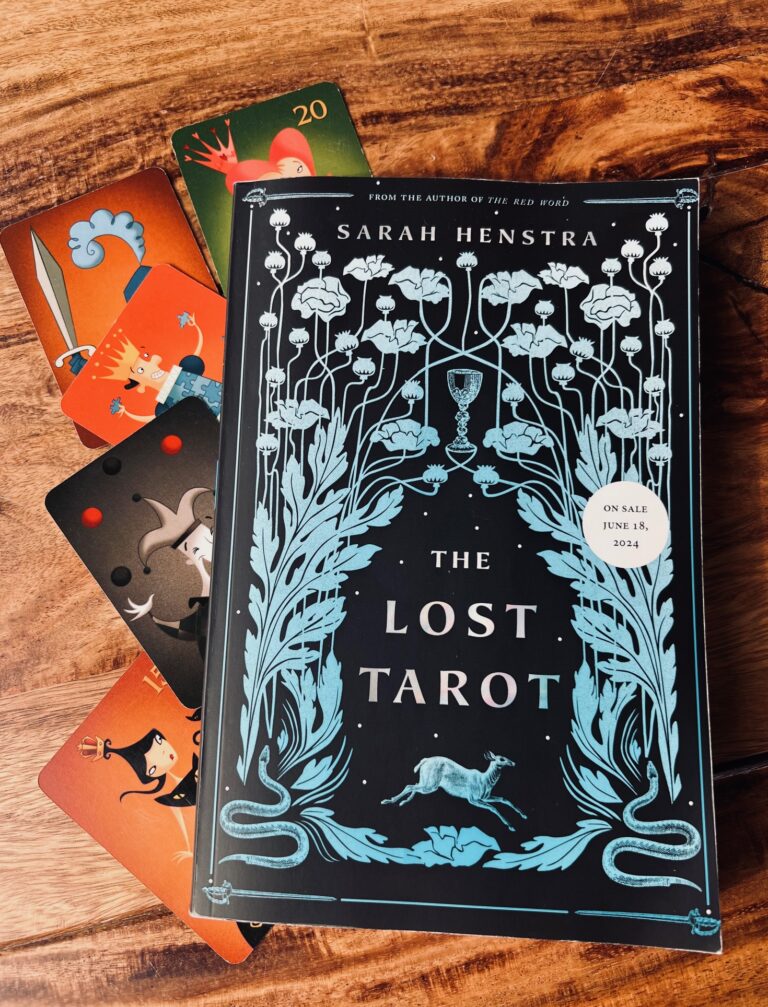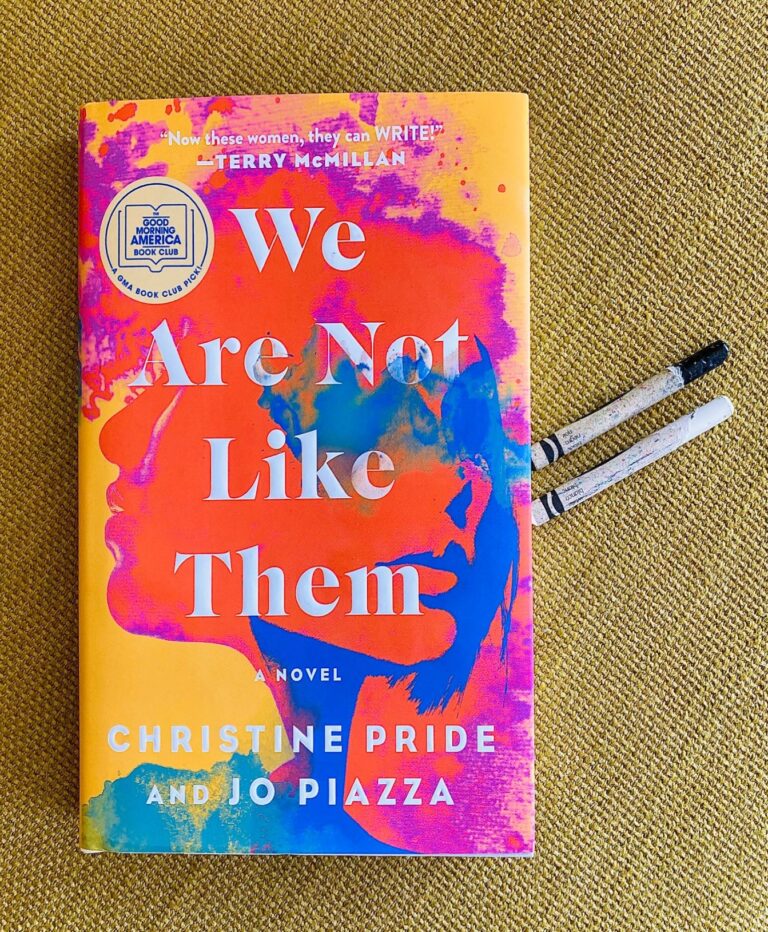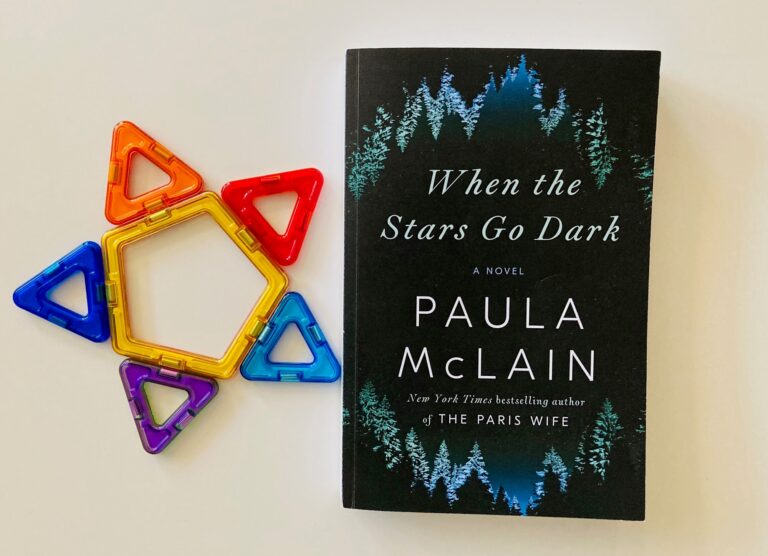Book Review: Women Talking by Miriam Toews

The bestselling Women Talking by Miriam Toews is one of those books that I never read when it first came out in 2018, but have wanted to ever since, especially based on the success of its film version this past year. A popular Canadian author, Toews is often on the bestseller and award lists, but this latest book caught the attention of Hollywood and won an Oscar for its film adaptation, which is something many Canadian novelists can’t boast about like Toews now can. It’s a fascinating premise for a book, but I suspect for some readers it may fall flat, as not much happens. Instead, it’s a philosophical look at this group of women and their position within their patriarchal Mennonite society, explored mainly through conversation and debate.
Plot Summary
Based on a true story, an isolated Mennonite community has recently realized a crime has been committed within their group. Approximately 8 men have been using a veterinary spray on the women in the colony, drugging them while they slept and raping them repeatedly. At first the women were told they were making up these attacks, and once they began to fall mysteriously pregnant and bear the after-affects of these sexual assaults, the male congregants blamed ‘the devil’ and proclaimed the women were being punished for impure thoughts. Once it was proven it was men from their very own colony, the police were alerted and the men were jailed. All of this takes place before the book begins; the novel itself covers the course of two days when a select group of women from the colony secretly meet to decide what they must do: leave the colony, stay and fight back, or do nothing. Because none of these women can read or write, a man, August is asked to take the minutes of their meetings, so the narrative is peppered with this thoughts, observations, and asides. It’s important to note he is sympathetic to the women, which seems like a vastly different opinion than the rest of the men in the colony who are focused on raising the bail money to release their fellow male congregants. August’s parents were forced out of the colony for keeping art books in their home, which is forbidden by their leader, Peter, so August is an ally who has lived in the ‘real world’. He eventually returned to this village and begged to be accepted back in, but its clear he struggles with severe mental health issues, like many of his fellow colonists.
My Thoughts
It’s a challenge to not become incredibly frustrated at the horror and unfairness of this situation the women face. The more I learned about their lives, the more angry I became, and the detailed extent of these attacks were touched upon only lightly – no doubt even the plot summary above was difficult to read for many. Yet despite these challenges, the women remain calm, steadfast, and incredibly empathetic. Some of the women became violent towards these men, and one of the reasons they are considering leaving is so they don’t become perpetrators themselves. They would rather remain victims than commit an act of violence against another human being because according to their faith, attacking another would prevent them from entering heaven. One or two of the women have lost faith in God altogether, but the majority of their conversations still revolve around their religion, and how they can continue to live a faithful life if they leave.
The choice to frame this conversation from the perspective of a man is an interesting one; its painfully accurate, but Toews could have still chosen to simply write about their conversations, rather than give us the first-person perspective of August as well. Because he is considered an ‘outsider’ to the colony, he is chastised by both the men and women, as he cannot farm properly, so instead, teaches the young boys, which is considered by the other men as a lowly and embarrassing role. The women debate their placement among the men and come to the realization that the animals of their colony are better protected than they are. It’s clear that August is in awe of these women and their strength which is why he agrees to put himself in danger to keep these notes, and knowing how few rights they have, makes the intention of reading them seem like a forbidden act as well. A particularly striking passage that made my heart ache for these women:
“None of us have ever asked the men for anything, Agata states. Not a single thing, not even for the salt to be passed, not even for a penny or a moment alone or to take the washing in or to open a curtain or to go easy on the small yearlings or to put your hand on the small of my back as I try, again, for the twelfth or thirteenth time, to push a baby out of my body.”
-p.116 of Women Talking by Miriam Toews
A question that still lingers for me is this; before these attacks, were these women happy? And are women who live in these colonies happy? It’s clear they find joy in small things that us in the ‘real world’ are too busy to notice, so is this a better way to live? Or does isolation of this sort naturally lead to violent acts against one another? It’s not an easy book to read, but one that I enjoyed because of the questions it inspires.





I’m horrified that this is based on a true story! I often wonder too what it must be like to live in one of these communities. There’s no doubt women are freer now and of course we all believe that to be a good thing (and I’d fight to the death to defend it) but I’m not at all sure that it has made us happier. None of our societies here in the liberal west seem to be very happy at the moment…
I know, this is a horrific story, made even worse by the fact that its based on truth.
I don’t know if I can say I liked this book because the content is so horrifying but I thought Toews gave it such a thoughtful and careful treatment. I’ve read a few of her books now and I think this is the best one.
Yes, it’s certainly a difficult read. Good to know you thought it was one of her best! I still have so much of her to get to…
Some of her books have a funnier tone to them and I’ve realized in general I don’t like those one as well. I seem to prefer her more serious work.